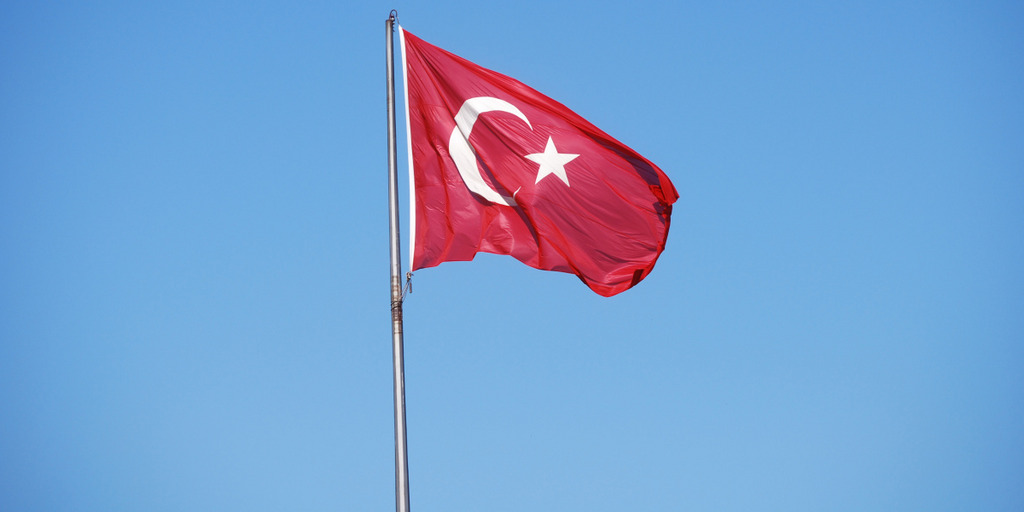The European Council met once again in Brussels on December 17 and 18. The heads of 28 EU member states addressed an agenda that included the so-called Turkey refugee fund, among other topics. Turkey is a key transit country and the country of origin for many refugees who ultimately make their way to Europe. In November, Brussels and Ankara drafted a joint plan for managing the refugee situation. According to the plan, Turkey will reduce the number of illegal migrants to the EU, for which it will receive assistance, including financial aid totaling €3 billion.
Until now, however, the EU has been unable to agree on who exactly will pay the €3 billion. The European Commission says it is willing to provide €1 billion at the most and is calling on member states to come up with the rest from their national budgets. Countries that are willing to contribute would like to indirectly force those members to pay more who have refused to accept refugees and would do so by reducing the amount of EU funding those members receive. A closer look reveals, however, that this is an empty threat, since the EU's budget is now set until 2020 and any "punishment" would only be possible after that.
The fight over the Turkish fund reflects the lack of agreement among EU members about how to deal with the refugee situation. Yet agreement and a clear stance are exactly what are currently required regarding Turkey. The country on the Bosporus is not only needed to respond to the refugee situation in a targeted, long-term manner, cooperation with Ankara is also imperative if effective measures are to be implemented for combating terrorism and ISIS-perpetrated violence and for bringing peace to the Middle East. Such cooperation has become even more urgent in view of the terrorist attack in Istanbul on January 12.
In their analysis, Christian-Peter Hanelt and Tim Lewis Poppenborg take a look at the situation refugees face in Turkey and explain the ambivalence inherent in Turkey's policy in the Middle East. In addition, they provide recommendations for how the EU could position itself in future negotiations with Ankara.
The analysis is the first in our new series called "Facts on the European Dimension of Displacement and Asylum". The series will examine at regular intervals the individual countries affected by the refugee situation. In addition to issues relating to displaced persons and human rights, each country's degree of democratization will be analyzed in detail and its relationship with the European Union discussed. The analysis will also look at possibilities for cooperating with Brussels.
A portion of the data used for the analysis of Turkey has been taken from the country report for Turkey published by the Bertelsmann Stiftung's Transformation Index (BTI) for 2014 (scheduled to be updated this spring) and from the profile of Turkey published as part of the 2015 Sustainable Governance Indicators.
Please find the complete analysis for Turkey in the sidebar on the right.




